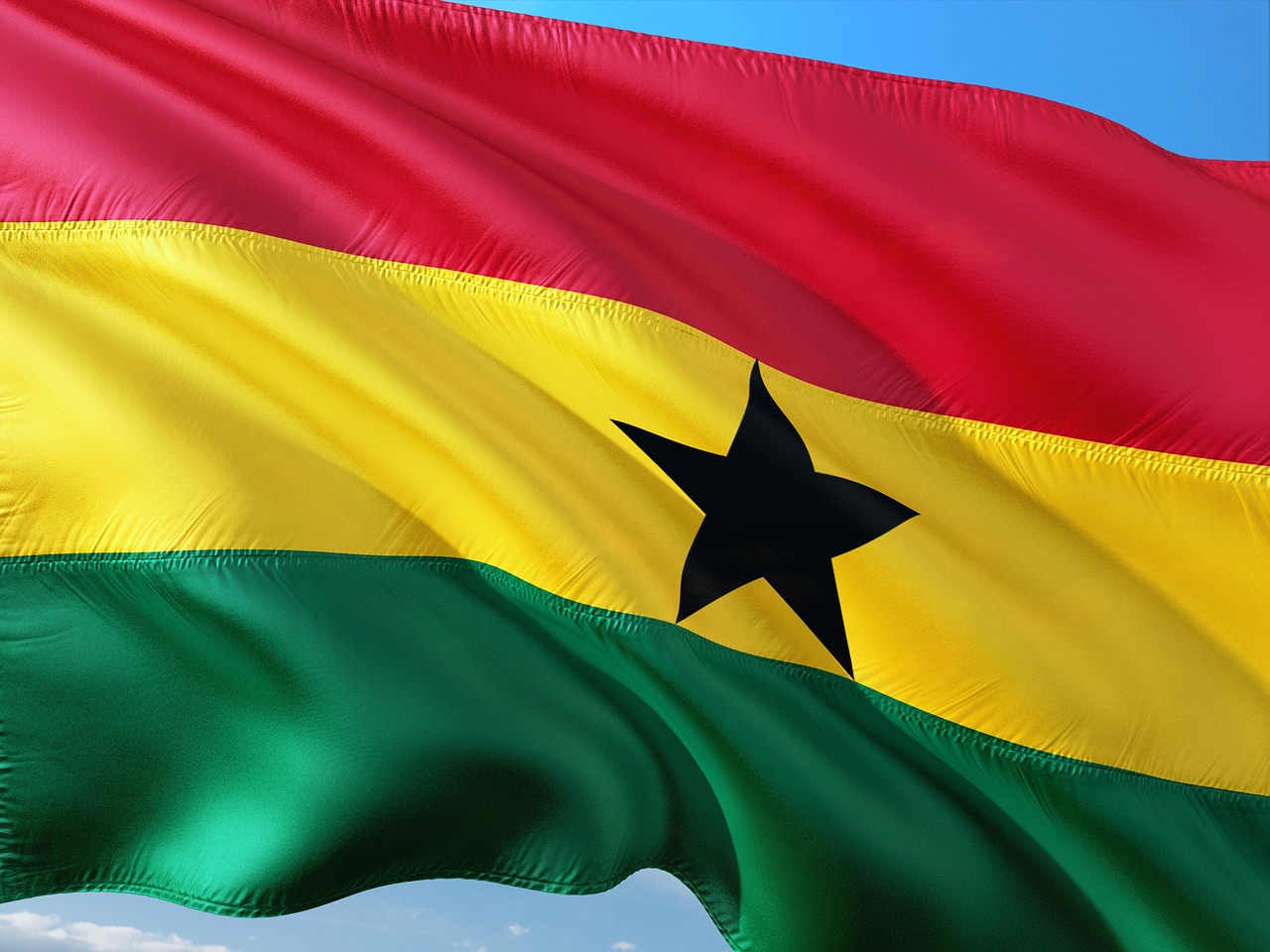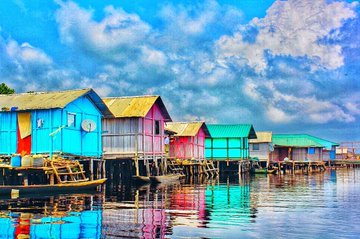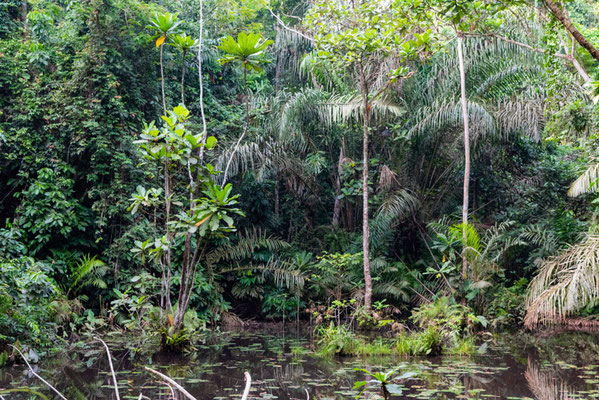
Legacy of Ghana’s Wars
Ghana, once known as the Gold Coast, has a rich history marked by vibrant kingdoms, resistance against colonial domination, and internal conflicts that shaped its path to independence. From traditional inter-ethnic wars to anti-colonial resistance and modern-day military interventions, Ghana’s history of wars reflects both the struggles and resilience of its people.
1. Pre-Colonial Wars (Before European Colonization)
The Ashanti Wars of Expansion
The Ashanti Empire, one of the most powerful kingdoms in West Africa, waged wars to expand its territory between the 17th and 19th centuries.
- The Ashanti fought against neighboring states such as the Fante, Akyem, and Denkyira.
- These wars allowed the Ashanti to dominate trade routes, especially in gold, kola nuts, and slaves.
Inter-Ethnic Conflicts
- Ewe–Akan conflicts: over land and resources.
- Dagomba–Gonja wars: in northern Ghana, involving control over trade and chieftaincy rights.
2. Colonial Wars (17th – 20th Century)
Anglo–Ashanti Wars (1824 – 1900)
The most famous series of wars in Ghana’s history were the five Anglo–Ashanti Wars between the Ashanti Empire and the British.
- First Anglo–Ashanti War (1824–1831) – Triggered by the Ashanti defeat of the British under Sir Charles MacCarthy.
- Second War (1863) – Ended in stalemate.
- Third War (1873–1874) – Led to the burning of Kumasi by the British.
- Fourth War (1895–1896) – British captured Kumasi again and exiled the Ashanti king Prempeh I.
- War of the Golden Stool (1900) – Queen Mother Yaa Asantewaa led the Ashanti resistance against the British after they demanded the sacred Golden Stool. Though defeated, this cemented her place in history as a heroine.
Other Resistance Movements
- The Fante Confederacy (1868–1874) fought against both Ashanti dominance and British interference.
- Local chiefs resisted colonial taxation and forced labor policies.
3. Wars During Independence Struggles (20th Century)
While Ghana’s path to independence (achieved in 1957) was relatively peaceful compared to other African nations, there were still instances of political unrest:
- Strikes and riots in the 1940s and 1950s by ex-servicemen and workers protesting poor conditions.
- 1948 Accra Riots: sparked by the shooting of protesting ex-servicemen, this event accelerated nationalist movements under Kwame Nkrumah.
4. Post-Independence Conflicts (1960s – 1980s)
Coups and Military Rule
- Ghana experienced several military coups between 1966 and 1981.
- Notable among them was the 1966 coup that overthrew Kwame Nkrumah, Ghana’s first president.
- Later coups in 1972, 1979, and 1981 brought leaders like General Acheampong and Flight Lieutenant Jerry John Rawlings to power.
Border Clashes
- Ghana had minor border tensions with Togo and Ivory Coast over ethnic and territorial disputes, but these did not escalate into full-scale wars.
5. Modern-Day Ghana
Today, Ghana is one of the most peaceful nations in Africa. While its past was marked by wars and military interventions, the country has embraced democracy since 1992 and is celebrated as a model of stability in the region.
Legacy of Ghana’s Wars
- The Ashanti resistance remains a source of cultural pride.
- Heroes like Yaa Asantewaa symbolize bravery and resistance to oppression.
- Ghana’s turbulent political past shaped its strong commitment to democracy and peacebuilding today.
Related content
Interdum et malesuada fames






